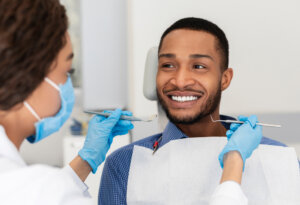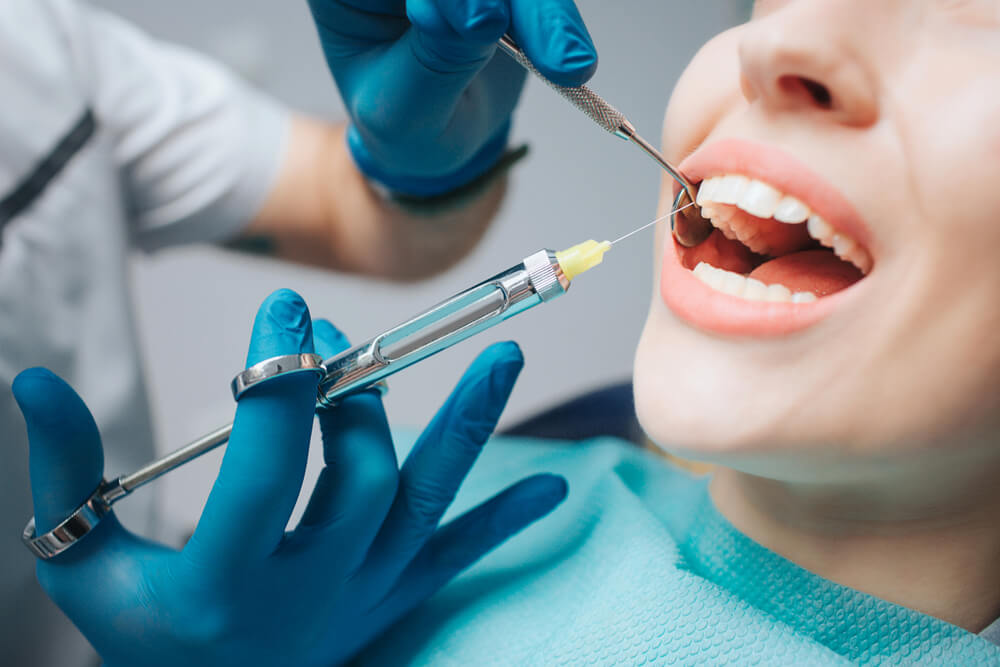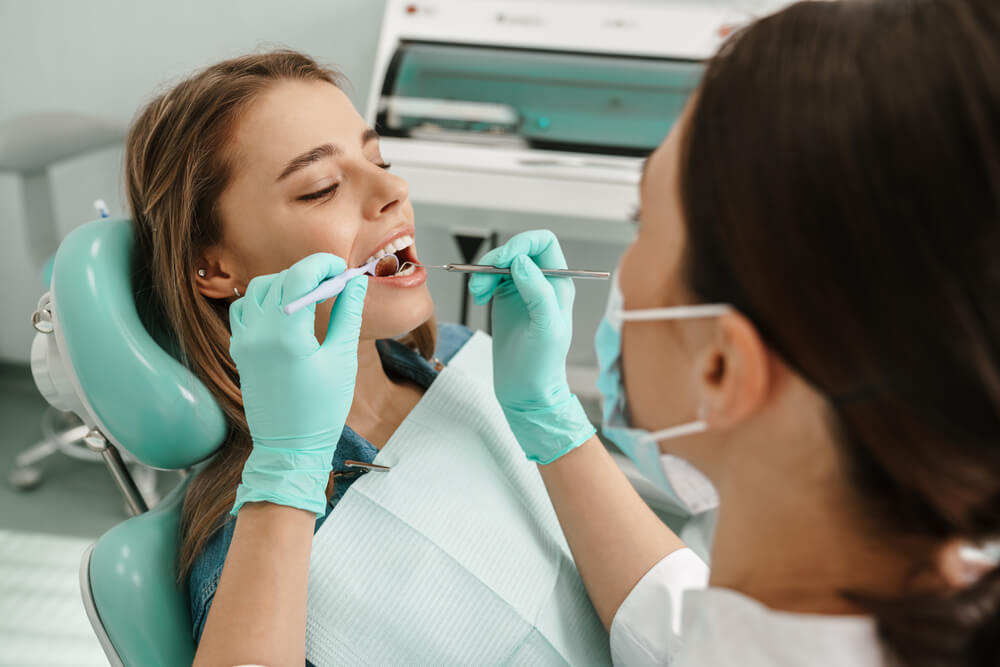5 Ways to Prepare for Your Next Dental Visit

Maintaining good oral health is one of the best ways to look after our well-being. So, if you want to know how to prepare for your next dental visit, read on and discover some useful tips. It’s good to bear in mind that regular dental check-ups can help to prevent illnesses and conditions, that, without timely treatment, could develop into something rather more serious.
Often, due to fear, ignorance, or a lack of professional treatment, people don’t go to the dentist very regularly. However, visits to the dentist should be made at least once a year, in order to keep track of our general oral health. Taking care of our teeth will help us live a healthy life, full of smiles!
Some suggestions for your next dental visit
Here are some useful tips that will allow both patients and professionals to facilitate dental check-ups and feel more comfortable during the entire process. They range from basic issues such as hygiene and punctuality, to recommendations for managing dental anxiety. Here’s how to prepare for a visit to the dentist.
5 ways to prepare for your next dental visit
1. Take care of your oral and overall hygiene
It may seem so obvious, but careful brushing, flossing, and using mouthwash are basic actions you should take before going to a dental appointment. This not only reflects well on patients, but also shows respect for the professional who is treating them.
So, brush your teeth at least half an hour before your dental check-up. And, if you know you’ll be visiting after work or lunch, make sure you have an oral hygiene kit and brush your teeth before the check-up. This way, you’ll feel more comfortable during the whole process and you’ll eliminate food debris that could cause unpleasant odors.
2. Try to keep calm

Some people may experience dental anxiety when visiting the dentist for regular check-ups, and especially for certain procedures or surgery. And, although some studies have shown that women are more likely to experience fear during dental visits, some general recommendations can help you manage it.
Typical symptoms of dental anxiety, such as tachycardia, sweating, stress or even fainting, can be managed by traditional techniques such as breathing exercises or external distractions. But, in cases of panic or dental phobias, you can always learn more about oral or intravenous sedation methods, also called sleep dentistry.
And, although it’s important to emphasize that this type of procedure isn’t available in all professional practices, it is an excellent alternative to ensure that a patient is completely relaxed, and prevent potential anxiety attacks.
Find out more here: Cosmetic Dental Contouring: What Is it and What’s It Used For?
3. Visit the dentist before you have problems
In order to keep our oral health in perfect condition, we need to schedule regular visits and not just wait until problems or infections appear before seeking professional attention. For this reason, scheduling annual check-ups is a great way to take care of your teeth and your smile.
However, if you do start to experience problems, or a dental emergency occurs, then don’t hesitate to seek help immediately.
In the event of chipped teeth, cavities, root canals or maxillofacial injuries, consult your nearest dentist. The sooner oral emergencies are attended to, the more likely they are to be resolved and the more likely you are to recover well.
4. Be on time for the visit, and ask someone to accompany you

It’s important to be at the dental clinic a few minutes before the check-up or procedure. Also, it’s a great idea to bring a friend or family member along with you in case of local or general anesthesia. Patients may end up a little sore or sleepy after the visit.
Of course, it’s obvious that young children should always be accompanied by their parents or a responsible adult. However, keeping that habit even into adulthood is a way of reducing anxiety and finding moral support while you’re waiting. So, especially if it’s your first visit for a long time, don’t hesitate to ask someone to go with you.
5. Quit smoking
Smoking has been shown to have detrimental effects on periodontal health, so refraining from smoking a few hours before your visit and even considering quitting altogether is an excellent idea. Smoking can trigger bad breath or halitosis, which can be very embarrassing when undergoing a dental procedure.
Remember that good oral hygiene is an act of respect and attention to ourselves and to others. So, before each visit, brush your teeth thoroughly and refrain completely from smoking in order to prevent a potentially negative experience.
You may also be interested in: Reasons to Quit Smoking and Strategies for Success
Follow this advice before a dental appointment
Maintaining good oral health through daily hygiene habits and an annual dental visit is the best way to keep your teeth attractive and healthy. So, if you’re planning to book a check-up soon, follow the recommendations above to make the whole procedure much more stress-free.
All cited sources were thoroughly reviewed by our team to ensure their quality, reliability, currency, and validity. The bibliography of this article was considered reliable and of academic or scientific accuracy.
- Alexandridi F, Tsantila S, Pepelassi E. (2018). Smoking cessation and response to periodontal treatment. Aust Dent J. 2018 Jun;63(2):140-149. doi: 10.1111/adj.12568. Epub 2017 Oct 24. PMID: 28921548. Recuperado de: https://pubmed.ncbi.nlm.nih.gov/28921548/
- Dadalti MT, Cunha AJ, Souza TG, Silva BA, Luiz RR, Risso PA. (2021). Anxiety about dental treatment - a gender issue. Acta Odontol Latinoam. 2021 Aug 1;34(2):195-200. English. doi: 10.54589/aol.34/2/195. PMID: 34570869. Recuperado de: https://pubmed.ncbi.nlm.nih.gov/34570869/
- Río, J. M. (2019). Manejo de la fobia y ansiedad dental mediante la utilización de la sedación consciente inhalatoria en la clínica dental. Recuperado de https://buleria.unileon.es/bitstream/handle/10612/10746/Tesis%20Clara%20Beatriz%20Jacobo.pdf;jsessionid=A0A8C4183351626BFE7F23CE89DACFA5?sequence=1
This text is provided for informational purposes only and does not replace consultation with a professional. If in doubt, consult your specialist.








